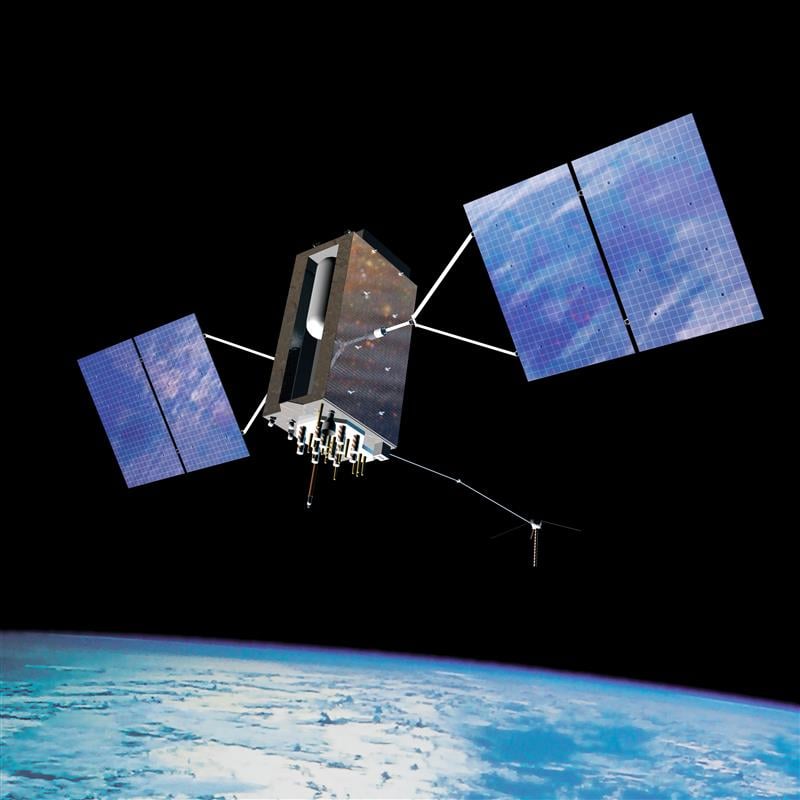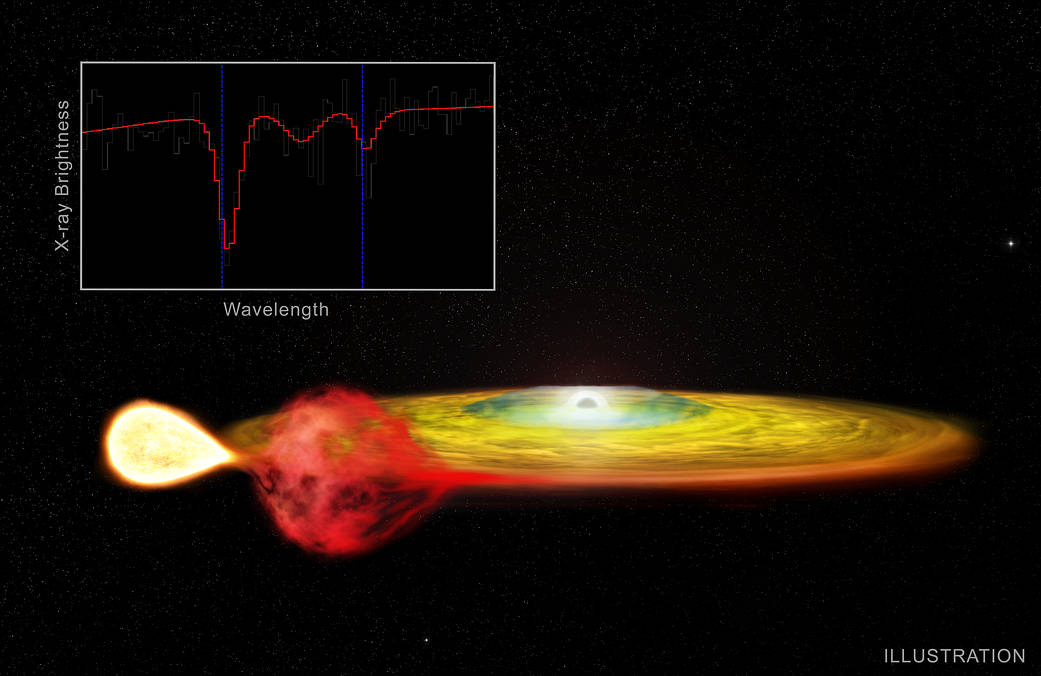quant:
James R thank you for your very generous and informative post, I greatly appreciate it.
Great! I hope you are open to revising your ideas as we clear up some of your misconceptions about relativity.
Imagine two people setting out from Los Angeles on the same day and at the same time, both are on the way to Las Vegas. One of the travelers reaches Las Vegas after travelling 10 kms , the other traveller reaches Las Vegas after traveling 250 km. This is not because they have taken different routes but because their speeds were different. Does this make sense?
I guess you're considering an example where the 10 km traveller moves at a speed that is significant fraction of the speed of light, while the 250 km traveller moves at a speed that it almost negligible compared to the speed of light. The second situation is an approximation. The 250 km distance from LA to Las Vegas (if that's what the distance is) must contract for
anybody who travels from one location to the other, at
any speed. The contraction will be small for people who travel slowly compared to light speed (e.g. you won't notice much contraction of the distance if you drive your car at 100 km/h).
As far as it all making sense goes, there's no
problem. If both of the two travellers start at rest in LA and end up at rest in Las Vegas, then both times they are at rest they will
agree the distance from LA to Las Vegas is 250 m (or whatever it is). It is only
while they are in motion that the distance is contracted for them. Sure, while they are travelling they will disagree on how far they each have to go to reach the destination, but that's just a difference in the measurements they each make. It doesn't affect any event that happens. Moreover, they can each account for the difference in the other guy's measurements, by appealing to his velocity relative to the Earth and applying their understanding of relativity.
Surely it would make more sense to imagine that each of the travelers had reached a different version of Las Vegas.
Not to me, it wouldn't. Would the "different version" of Las Vegas have to be forever different for both of our two travellers, after they arrived at the destination and got together in the bar to discuss their plans for going to the casino? In what way would Las Vegas differ for both of them, forever after?
Also, this view postulates that every time anybody in Las Vegas takes a walk around they block, multiple Las Vegases somehow spring into existence, different from the Las Vegases that every other resident of the city experiences, and different for ever after. What a mess of "alternate realities"!
(By the way, I have a similar philosophical complaint about the 'many worlds' version of quantum mechanics, but that's a different story.)
The bottom line here is that: no
evidence drives us to require any of this "different versions" stuff. People pretty much agree on what Las Vegas looks like, regardless of how many times they have walked their dogs around the block. (Note: I am fully aware that this argument doesn't
rule out a possible infinite multiplication of Las Vegas's. It only says that nothing
requires that in order to explain what we observe.)
If you could explain this. (Let me say at the outset no-one can explain the same location being both 10 km and 250 km distant under the same initial conditions with the exception of a variation in their speeds.)
Be careful. No two people with "the same initial conditions" will claim that the same location is both 10 km and 250 km away. The difference is only observed once we sufficiently alter the situation away from the equal "initial conditions" for our two travellers. We need to make a significant change to accelerate one of our travellers from speed zero to a speed close to the speed of light, for instance. While we're doing that, that observer will see the 250 km progressively shortening, until the target speed is reached and the distance is 10 km. Then, at the other end of the trip, we need to decelerate our traveller back from close-to-light-speed to zero for him to arrive in Las Vegas and be able to sit stationary in a casino somewhere.
Hopefully from a purely epistemological point of view, it remains debatable as to whether a destination can be 10 km and 250 km distant to two people starting from the same point, at the same time and travelling by the same path to the same destination.
They travel along the same path through space, but not through spacetime, as DaveC pointed out. Relativity is not a theory of a universal time and a variable space, or a theory of a variable time and a universal space. It is a theory of
spacetime.
I think it is my right as a free thinker to contest this claim of SR that a destination can be 10 km away and 250 km respectively for two people starting from the same point at the same time and following the same path.. Do you see what I am getting at?
Nobody disputes your right to contest the claim.
Muons might very well be affected by time dilation and length contraction. However it is a dodgy theory because the muon is after all a charged particle (the claim that it has low interaction despite being a charged particle is an oxymoron surely). Isn’t it possible that muons travelling through a depth of 36,000 ft of closely packed particles ($$2.7 x 10^{19}$$ particles per cubic centimetre (i.e., the atmosphere). There is every chance that muons detected close to earth’s surface are the result of secondary interactions resulting from the original muons decay or interaction with other particles?
No. The point is that muons decay in a characteristic amount of time when they are at rest. They are formed in the upper atmosphere by cosmic rays and they would not be able to reach the surface of the Earth's surface in the numbers that are detected if Newtonian physics applied.
Secondary interactions (if they occurred and still allowed for the muons to reach the ground) would necessarily slow the muons even more, giving them more time to decay. In other words, if there were secondary interactions, we'd expect to detect fewer muons at ground level, not more.
Be that as it may and despite claims that every precaution has been made to ensure that the original muons are followed through the atmosphere, the claim lacks credibility.
Your idea of "secondary interactions" seems to have been pulled out of thin air as an
ad hoc attempt to explain how muons can reach the ground. Do you think that idea lacks credibility?
Lastly, yes, I do have a better theory than both relativity (special and general relativity) and quantum mechanics too, much better.
Are you going to present it to us?
Have you published your theory anywhere? If not, why not?



